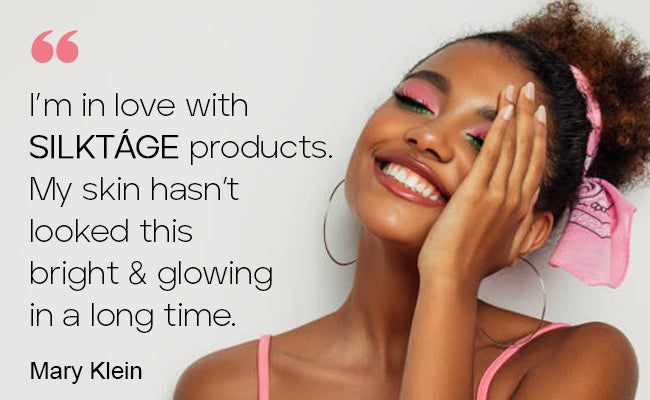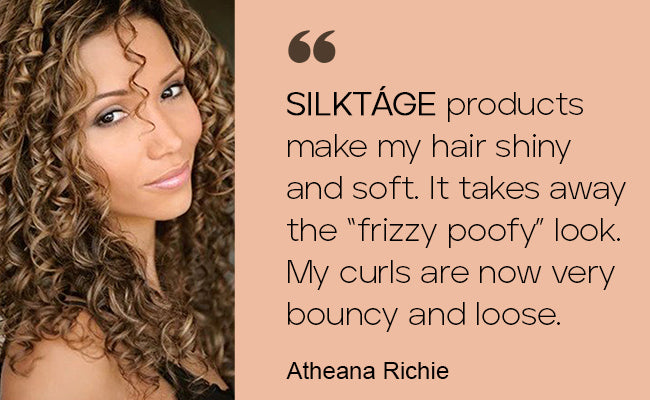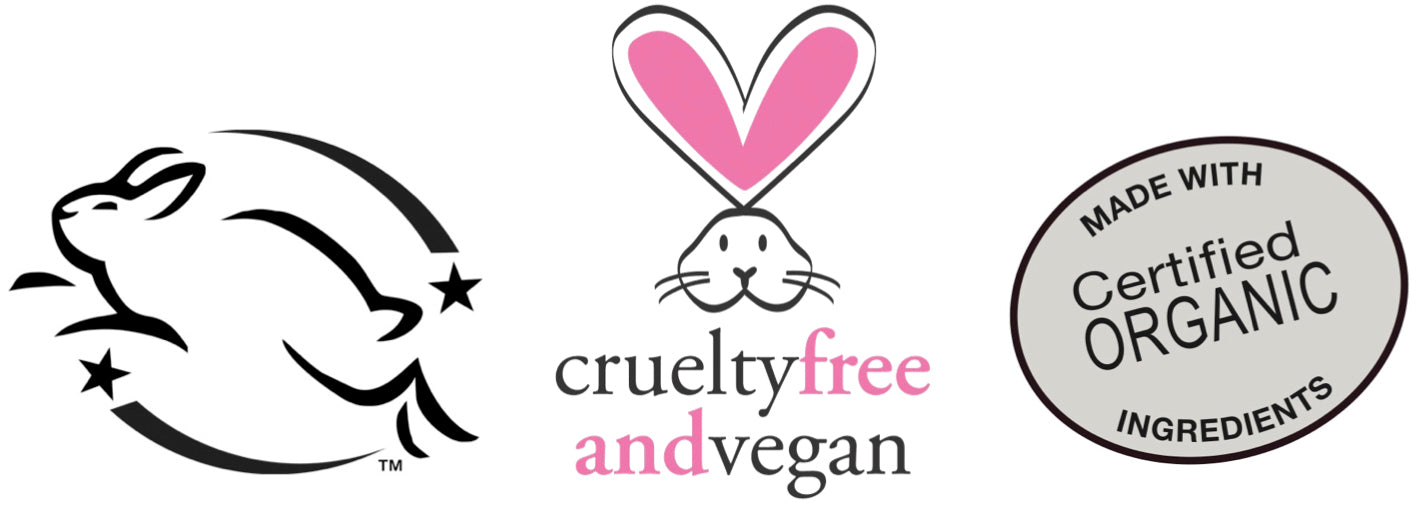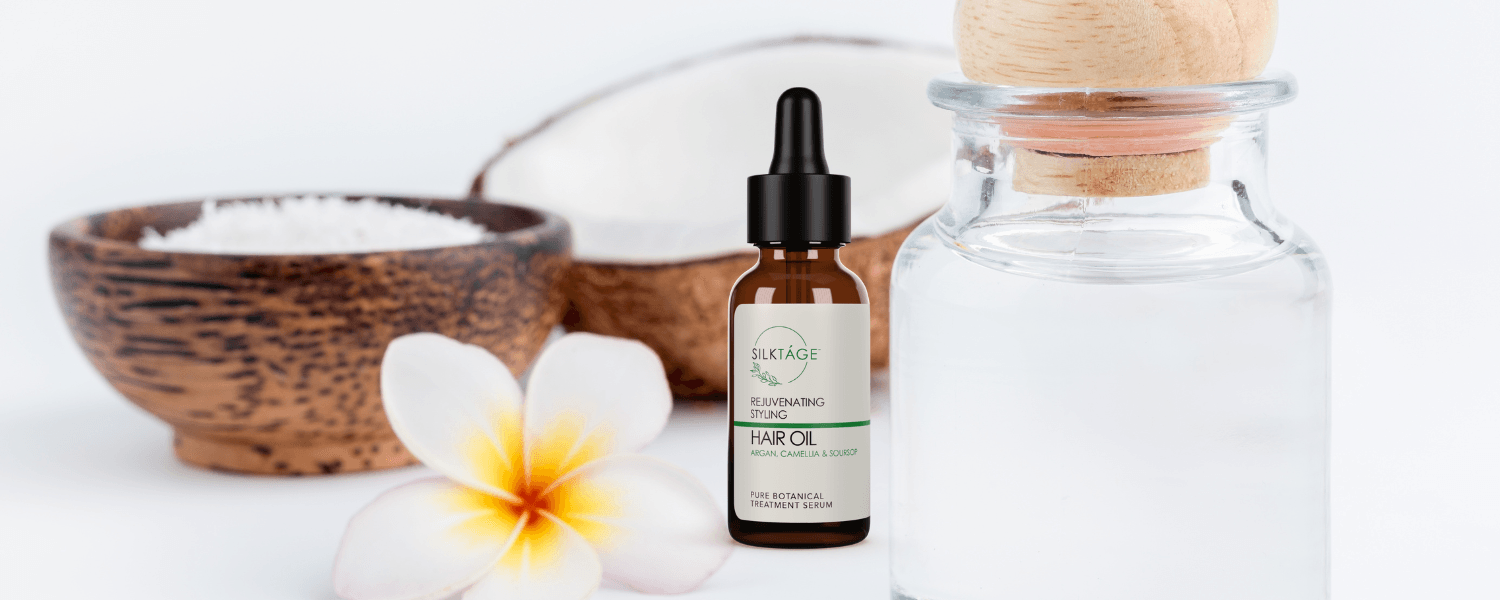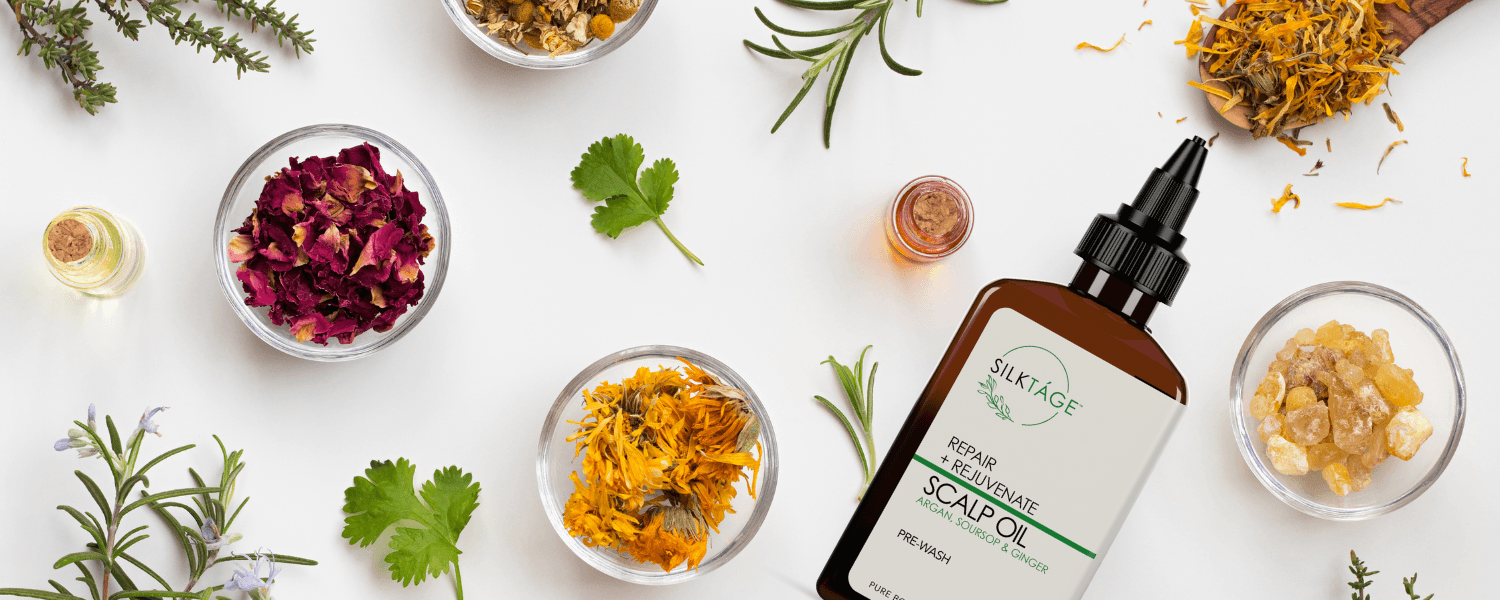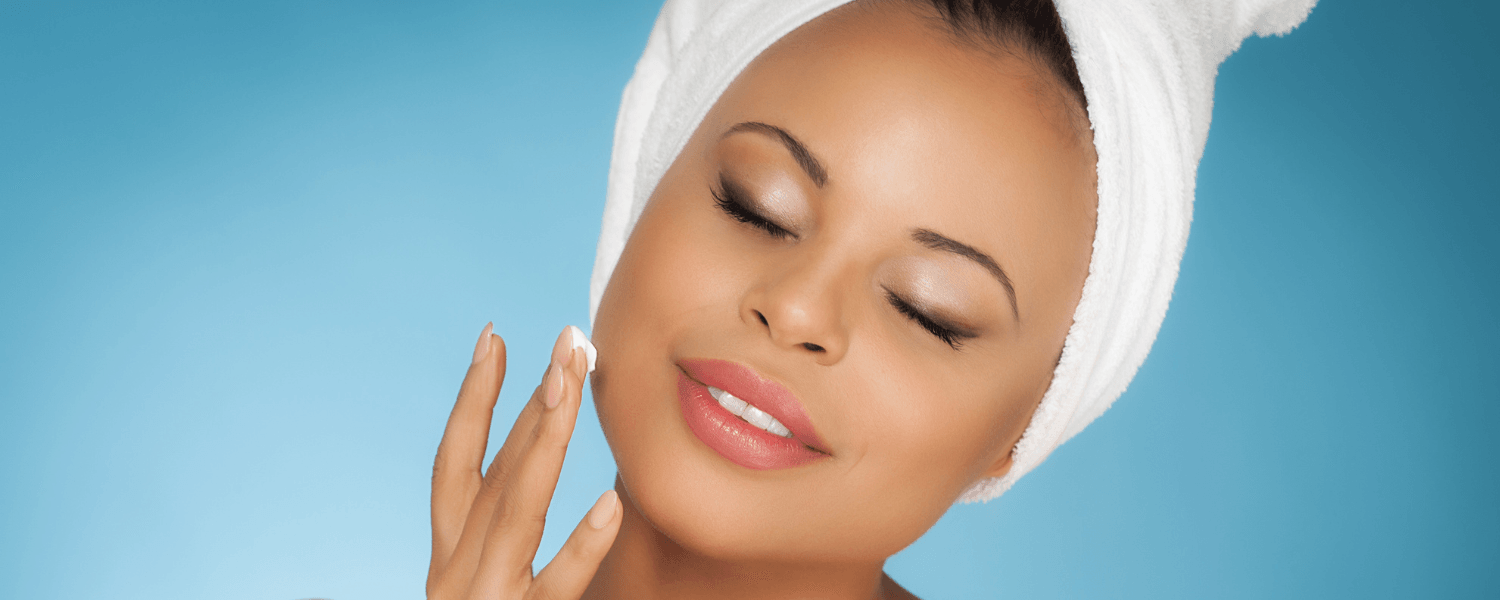
Skincare routine to start in your 40's to keep your glow as you age!
With age, our skin experiences a decrease in the production of collagen, natural oils and elastin, in turn, are making it dry and look lifeless. The skincare mistakes one may have made at a younger age start becoming visible in the late 30s or early 40s. This is also when wrinkles, fine lines, age spots start appearing on the skin. After 40, an ideal skincare regimen should include both corrective and preventive measures. This means that it should address the current concerns as well as prevent the skin from any further damage.
Here are a few skincare tips you can follow once you cross 45
Include exfoliation in your beauty regimen. Choose a scrub according to your skin type, but it should not be harsh. For dry skin, use a cream-based scrub that will not only cleanse but also moisturize the skin. For oily skin, use a gel-based scrub that will help control oil secretion and give squeaky clean skin.
With age, the skin tends to lose moisture and many healthy fats. So, it becomes drier, more irritated, less supple and less elastic. Always use a gentle non-foaming cleanser and use a good moisturizer afterwards to lock in the moisture.
Acne scars, pigmentation, blemishes and dark spots are the other byproducts of ageing. So, use a dark spot corrector which contains vitamin C and apply on the spots regularly to make them fade away. For medicated creams that can help reduce pigmentation, one should consult a dermatologist and avoid self-treatment.
Sunscreen is an essential part of daily skincare. It protects the skin from harmful ultraviolet rays of the sun, which are responsible for causing premature ageing of the skin. So, don’t forget to apply a sunscreen with at least SPF 30 and PA rating +++. Sunscreens containing zinc oxide can be helpful in preventing skin damage from artificial light emitted by electronic gadgets.
Use a night cream. Wash your face with a mild cleanser and apply a night cream. It will hydrate your skin and make it softer and glowing.
Drink sufficient water and consume a healthy diet. Consume fresh fruits and vegetables provides your skin with essential antioxidants. Hydrated skin looks naturally young and radiant.
As we grow older, our skin becomes drier due to oil-producing glands in our skin becoming less active. Use a light oil-based moisturizer that will keep your skin soft and supple. If you have oily skin, consult your dermatologist who can help you choose the right moisturizer.
Fine lines and wrinkles around the eyes are one of the first symptoms of ageing. Use a good under eye gel or cream that will nourish your eyes and help get rid of the fine lines and wrinkles while you sleep.
Include an antioxidant-rich vitamin C serum into your morning routine. Use anti-ageing retinol serums with vitamin A. It helps to correct texture and reduce the appearance of visible signs of aging.
Although everyone ages differently, skin aging typically involves the development of fine lines and wrinkles, loss of elasticity, rough texture, and discoloration. Various skin care products containing active ingredients may help slow down the signs of aging.
As we age, collagen and elastin break down in the skin, causing it to become looser and more prone to wrinkling. Exposure to ultraviolet (UV) light, and some lifestyle habits, such as smoking and drinking alcohol, break down collagen further.
People who use repetitive facial expressions, such as squinting or frowning, are more likely to notice permanent wrinkles appearing around the eyes or on the forehead.
Anti-aging skin care products, such as moisturizers and serums, will never be able to stop aging.
However, skin care with active ingredients, such as retinol and hyaluronic acid, may slow down the signs of aging and improve the skin’s appearance.
Is it ever too early or too late?
Some experts recommend that people start using anti-aging products as early as their 20s.
However, this does not mean that people in their 20s need to purchase an anti-wrinkle cream specifically. There are plenty of skin care products containing active ingredients that help to brighten and plump the skin, without being labeled anti-aging.
It is never too late to start moisturizing. People going through menopause may notice wrinkles appearing more quickly. Older people can experience skin problems such as dry skin, itching, and age spots alongside wrinkles. Daily moisturizing can help soothe the skin, while a daily sunscreen can protect the skin and prevent it from developing age spots.
Newer skin care products contain more active ingredients than ever. But knowing which ones to purchase can be confusing, and the choice can be overwhelming. Here are some of the most effective anti-aging skin care ingredients for people to know about:
- Vitamin C (L-ascorbic acid): Brightens tired or dull-looking skin and protects it from environmental damage, such as pollution, free radicals, and UV rays.
- Hyaluronic acid: Acts as a humectant, binding moisture to the skin to plump up the skin’s appearance.
- Retinoids (retinol) or retinol alternatives (Bakuchiol, Bakuchi): Stimulates the production of collagen and elastin in the skin, reducing the appearance of fine lines and wrinkles.
- Alpha-hydroxy acids (AHAs): Brightens the skin and boosts the renewal of skin cells. AHA peels, also known as glycolic peels, can help address sun damage and hyperpigmentation, as well as fine lines and wrinkles.
- Copper peptide: Boosts the production of collagen and elastin, as well as acting as an antioxidant. It may be particularly useful during menopause as collagen levels decline

